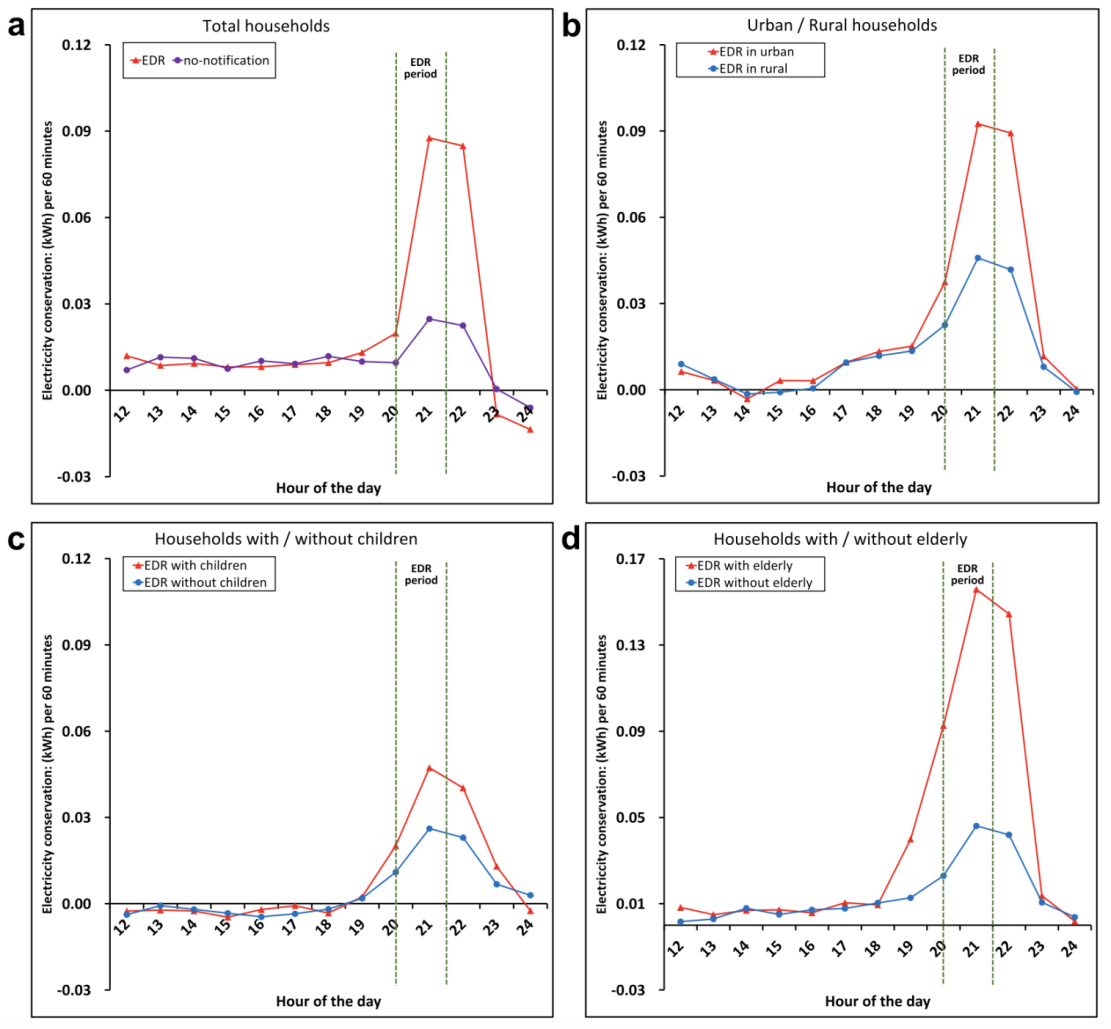
Recently, The research results by Professor Wang Zhaohua's team were published as research article in Nature Communications. Professor Wang Zhaohua of the School of Management and Economics of Beijing Institute of Technology is the first author. Prof. Lu Bin, Wang Bo, and Zhang Bin, and Prof. Yueming Qiu from the University of Maryland are the co-corresponding authors of the paper. Beijing Institute of Technology is the first signing unit of the paper.
With the development of global economy and the advancement of electrification, the surge of household electricity demand is an important reason for the double-digit growth of peak power load, the increase of peak and valley difference, and the shortage of peak power supply. The phenomenon of "peak moment" power rationing occurs from time to time. With the continuous expansion of the grid-connected installed capacity of new energy, the pressure of power supply and demand balance and the difficulty of new energy consumption will coexist for a long time, and it has become an inevitable choice to introduce demand side resources to build a new power system. Incentive-based emergency demand response (EDR) measures were found to reduce demand during peak hours by providing additional compensation, although it is unclear whether residents can respond to grid offers at the expense of their comfort in conditions such as extreme heat.
To this end, Professor Wang Zhaohua's team carried out a series of pilot experiments on incentive-based EDR measures for more than 200,000 households in southern China during the continuous extreme heat weather in summer. Including an experimental group covered by EDR incentives, a nonresponse group with no confirmed participation, and a control group without any stimulation, this paper provides a complete analytical framework to estimate the effects of EDR random allocation selection and EDR incentive coverage, quantifies how economic incentives encourage families to change their power consumption patterns during peak hours, and verifies the important value of EDR in balancing peak power demand; heterogeneity analysis further reveals the differential performance of different groups and provides key data support for more accurate strategies; policy sustainability analysis results show that frequent policy implementation does not weaken the adjustment effect. This study can provide reference for further aggregation of flexible resources and customized development incentive measures, as shown in Figure 1.

Figure 1: Effect of incentive-based EDR measures on electricity consumption during peak periods of different populations.
It is found that incentive-based emergency demand response measures effectively reduce power consumption during peak hours. Electricity consumption of randomly selected residential users decreased by 1.02% on average during peak hours, while the number of residential users actually participating in the EDR program decreased by 7.32%. The repeated implementation of EDR measures has improved efficiency, demonstrating its practicality and flexibility in addressing seasonal power supply and demand conflicts and reducing carbon emissions, and is particularly beneficial for countries where electricity markets are regulated, as shown in Table 1.

Table 1: Evaluate the impact effects of the EDR incentive coverage
Original information and links:
Zhaohua Wang, BinLu*, Bo Wang *,Yueming (Lucy) Qiu*,Han Shi, Bin Zhang*, Jingyun Li, Hao Li, Wenhui Zhao.Incentive based emergency demand response effectively reduces peak load during heatwave without harm to vulnerable groups.Nature Communications (2023).
DOI: https://doi.org/10.1038/s41467-023-41970-8
https://www.nature.com/articles/s41467-023-41970-8







